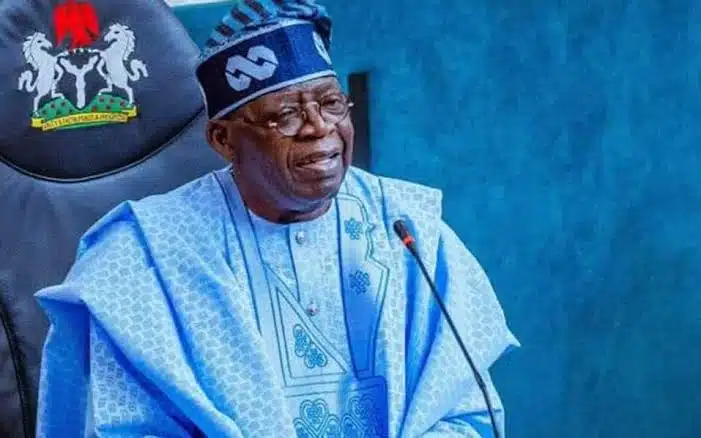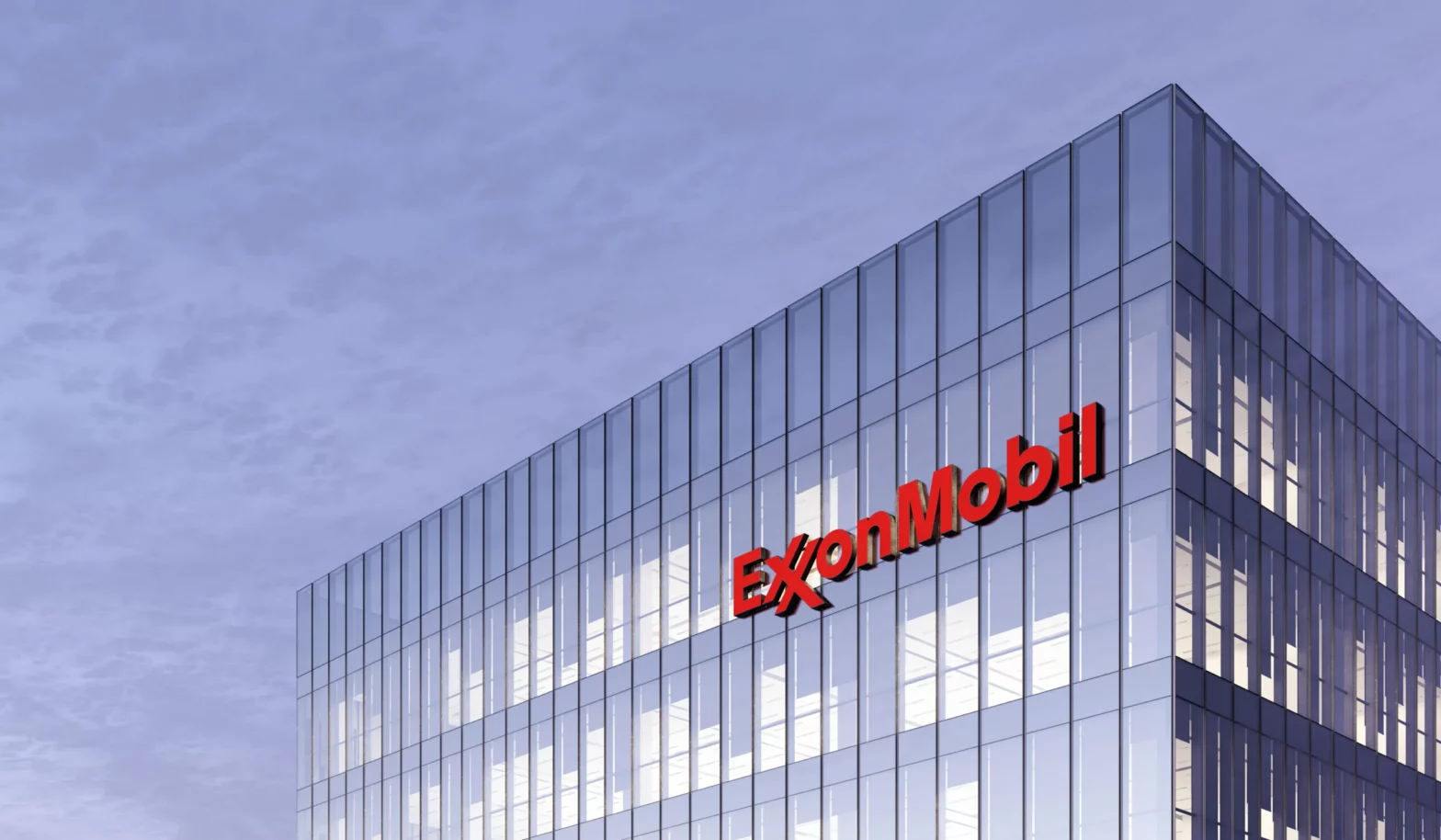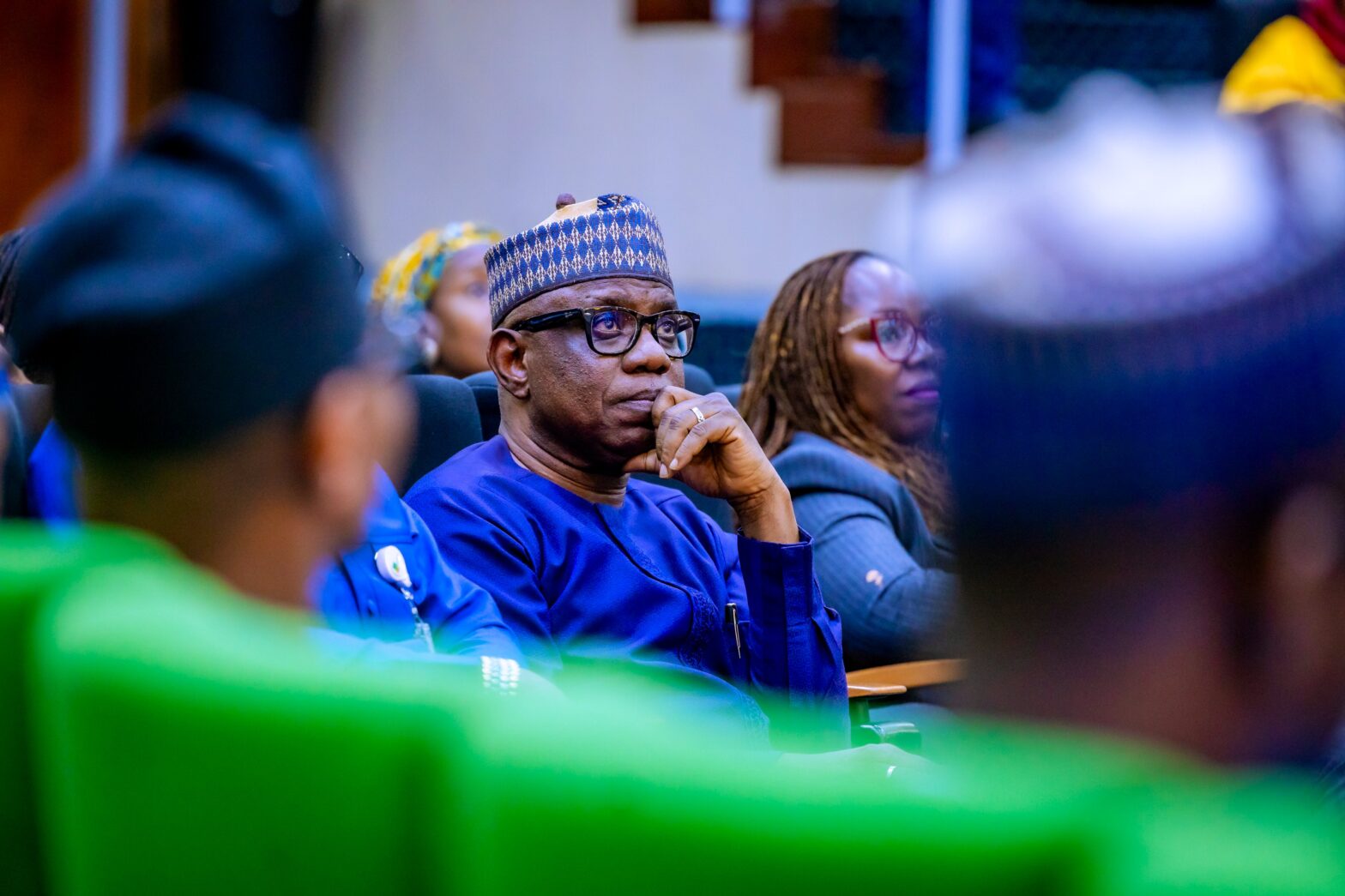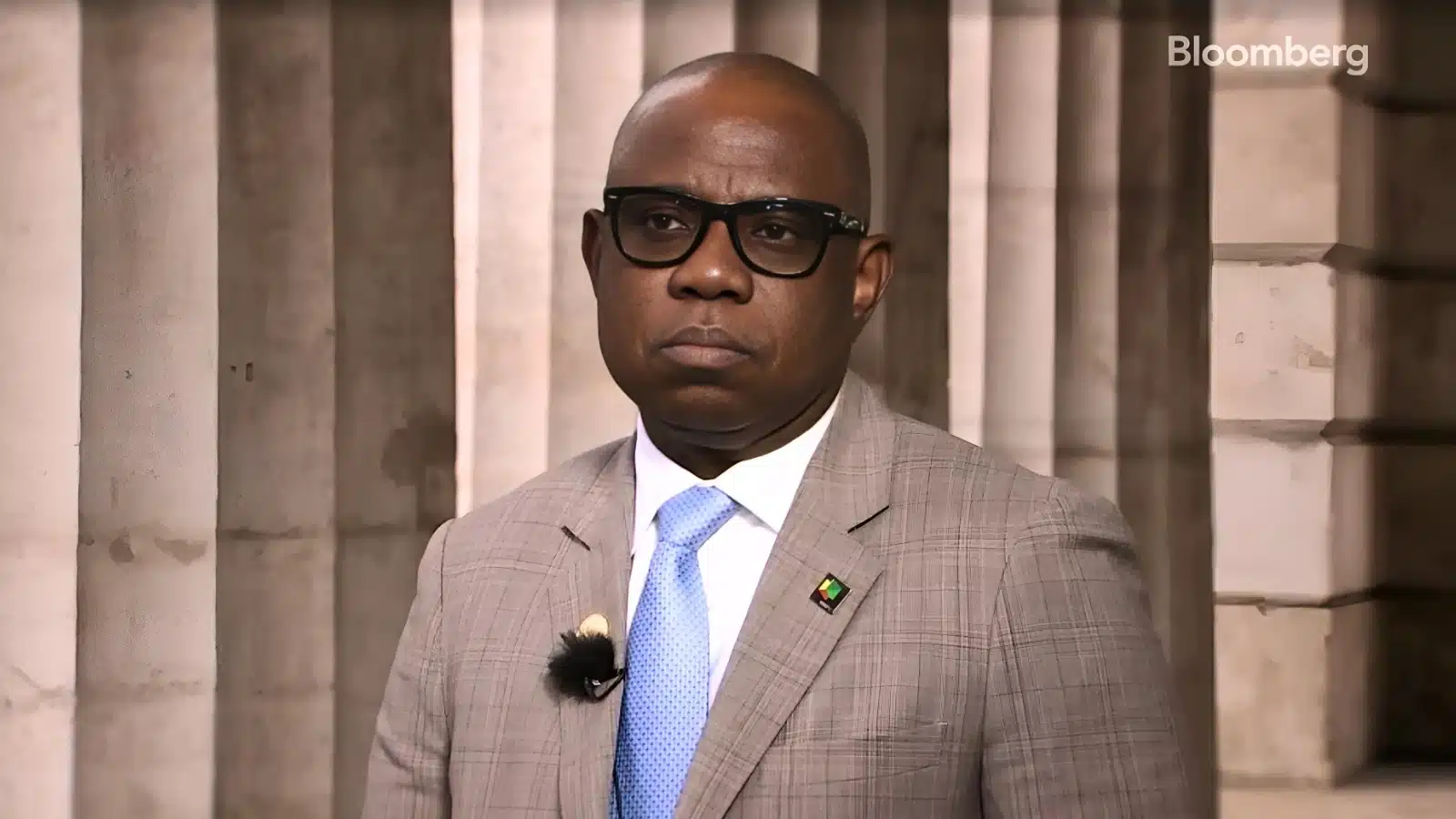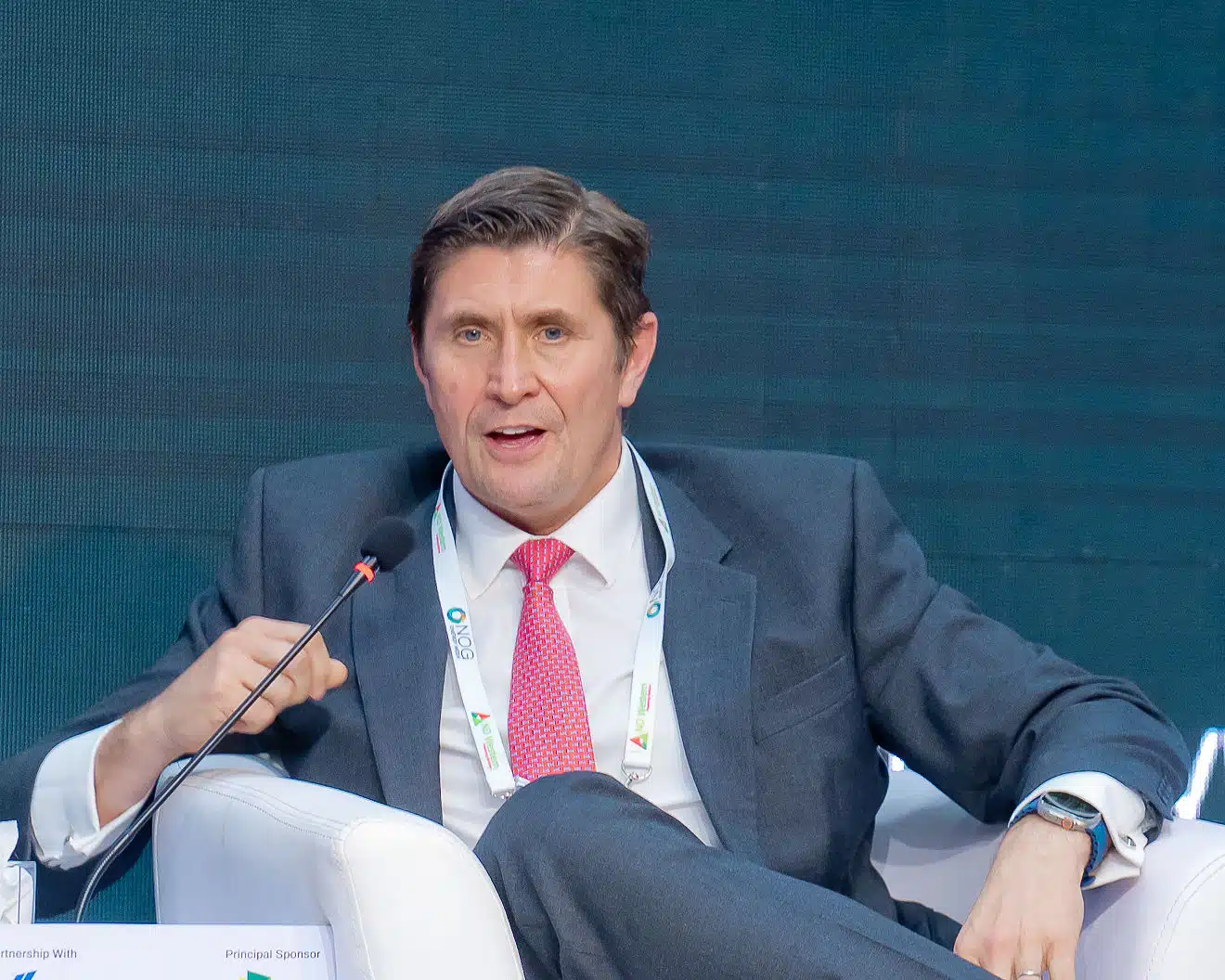President Bola Tinubu has defended his decision to remove the petrol subsidy, insisting he has no regrets about the controversial move.
Speaking during his first media chat with the press on Monday in Lagos, the President said the subsidy was unsustainable, adding that the reform was necessary to secure the country’s financial future.
Tinubu reiterated that he had no regrets about the decision, which he announced during his inaugural speech on May 29, 2023.
The removal, which many have criticized as abrupt and lacking adequate preparation, has significantly increased the cost of living, with petrol prices soaring by over 200%.
The President explained that the decision was made to save Nigeria from an impending financial crisis and ensure economic stability.
“We are spending our future; we are spending our generation’s fortune. We are not investing. We are just deceiving ourselves. The reform is necessary.
“Why should you have expenditures that you don’t have revenue for? I don’t want to question people with five limousine-type vehicles on the road, but we should teach management with all our programmes. We have to manage our resources within our means.
“There is no way out whereby we give out fuel and allow all the entire neighbouring countries as Father Christmas. I don’t have any regrets whatsoever removing the subsidy. It is necessary. We cannot spend our future generation’s investment upfront,” Tinubu said.
Fuel subsidy has been a contentious issue for decades, with successive governments pledging its removal but failing to follow through due to its popularity among citizens.
The subsidy bill has placed a significant strain on government finances, consuming around $10 billion in 2022 alone—more than the combined budget allocations for education, health, and agriculture.
Tinubu removed the subsidy on his first day in office, a decision that has drawn criticism for lacking contingency plans and exacerbating living conditions for citizens.
Defending his approach, Tinubu rejected the idea of a gradual removal, stating:
“No matter how you cut it or you slice it in segments, you still have to meet the bill. So cut your coat according to your size. It’s what you have that you must manage. Management is the issue here.
“We have no choice; otherwise, we are headed for a slippery slope that will result in financial disaster—not just for us, but our children and grandchildren. Where is the inheritance? Where is the pathway to prosperity?”
Since the subsidy removal, the cost of goods and services, particularly food, has skyrocketed. Inflation has risen above 30%, while food inflation approaches 40%, further compounding the cost-of-living crisis for Nigerians.

